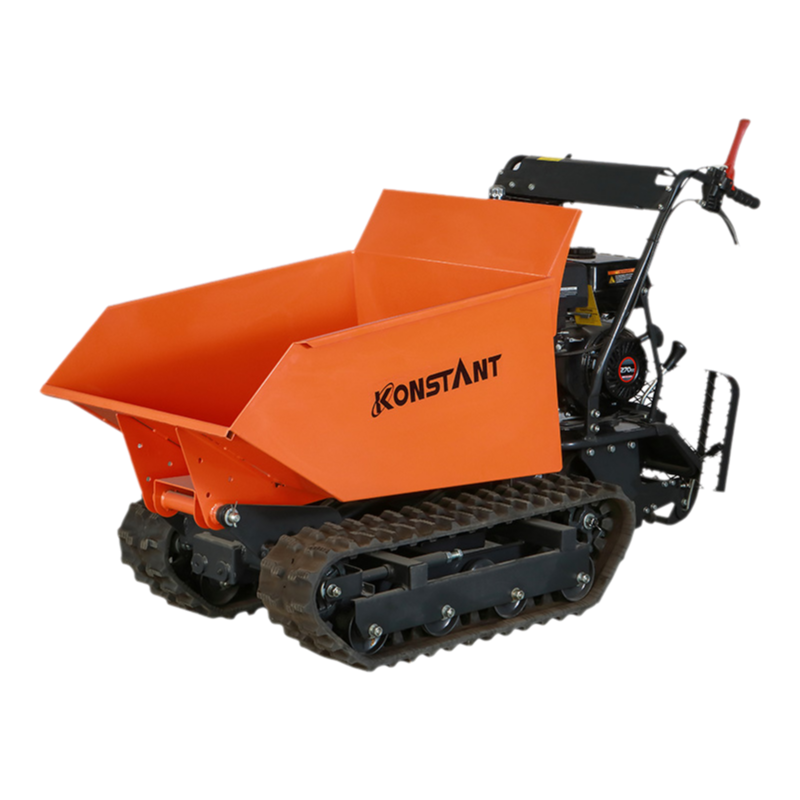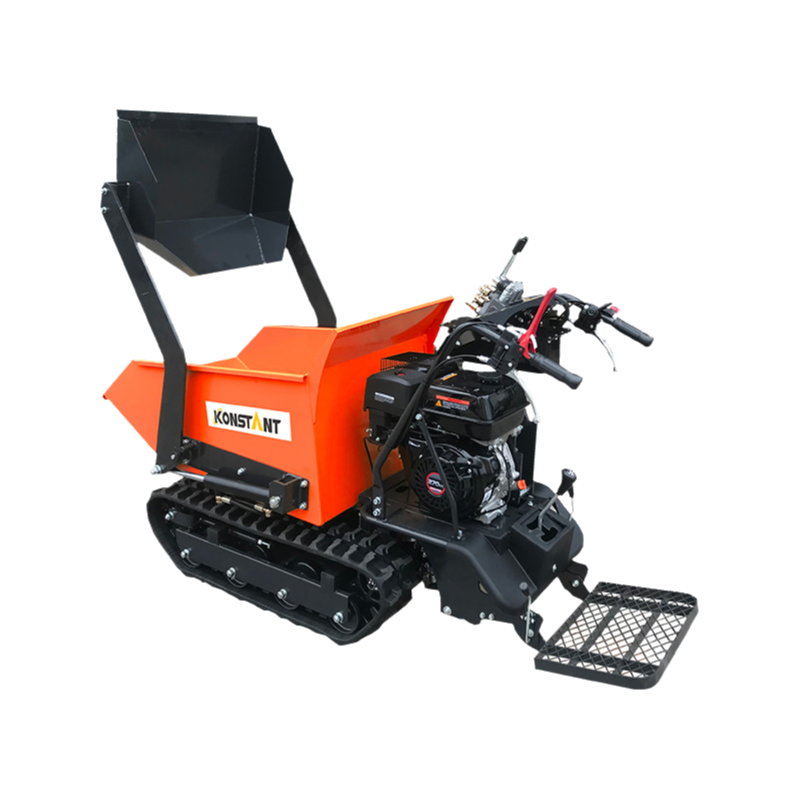Provide you with the latest enterprise and industry news
How Do Compact Garden Loaders Improve Work in Small Landscapes and Tight Spaces
Posted by Admin
Managing smaller garden areas or narrow outdoor spaces often requires equipment designed for flexibility and precision. Compact garden loaders have become practical tools for those who need reliable assistance without the bulk and size of larger machines. Their design focuses on navigating confined areas while still offering enough functionality to carry out daily landscaping and gardening tasks effectively.
Why Compact Loaders Are Useful in Small Areas
Traditional equipment can sometimes overwhelm a limited yard, leaving little room to maneuver or store the machine. Compact models, by contrast, fit neatly into areas where larger units might struggle. This allows users to work closer to garden beds, fences, or pathways without compromising movement. Their scale makes them easier to control, reducing the chance of damage to delicate plants or surrounding structures.
Flexibility in Garden and Landscape Projects
Despite their smaller footprint, these loaders can support a range of outdoor jobs. From moving soil or compost to transporting garden tools and decorative stones, their versatility is evident. For homeowners or landscapers who regularly work in suburban yards, urban gardens, or community green areas, having a compact machine ensures the ability to manage varied tasks while avoiding unnecessary bulk.
Maneuverability in Tight Spaces
Narrow passages or compact backyards often create challenges for standard equipment. The reduced turning radius of compact loaders makes them practical for such scenarios. Whether navigating between flowerbeds or along narrow driveways, the machine can move with precision. This not only saves time but also reduces physical effort, as users avoid the need for repeated manual lifting or wheelbarrow trips.
Storage and Transportation Considerations
A smaller loader is easier to store when not in use. Many residential garages or sheds cannot accommodate oversized equipment, but compact designs can fit neatly into available spaces. Transporting them between sites is also less complicated, often requiring smaller trailers or standard vehicles, which adds to their practicality for individuals or small landscaping businesses.
Balancing Power and Size
While compact machines are not intended for large-scale construction projects, they strike a balance between portability and capacity. Their efficiency lies in doing the right amount of work for the environment in which they are used. This balance ensures that operators can complete regular garden maintenance without the unnecessary fuel consumption, noise, or handling associated with larger alternatives.
Practical Tips for Users
Match the loader to the space: Consider the layout of your garden or yard before choosing equipment.
Plan routine maintenance: Keeping the machine clean and lubricated improves functionality over time.
Optimize storage: Sheltered storage areas help preserve the loader when not in use.
Adjust usage based on terrain: Softer ground or uneven areas may require slower handling for safety and stability.
Compact garden loaders represent an efficient choice for those working with smaller spaces. Their maneuverability, storage advantages, and capacity to handle a range of everyday tasks make them valuable for both personal gardens and professional landscaping in restricted environments. By carefully maintaining the machine and aligning it with the scale of the project, owners can enjoy consistent support for outdoor activities without unnecessary bulk.

 English
English русский
русский Français
Français Español
Español Deutsch
Deutsch















